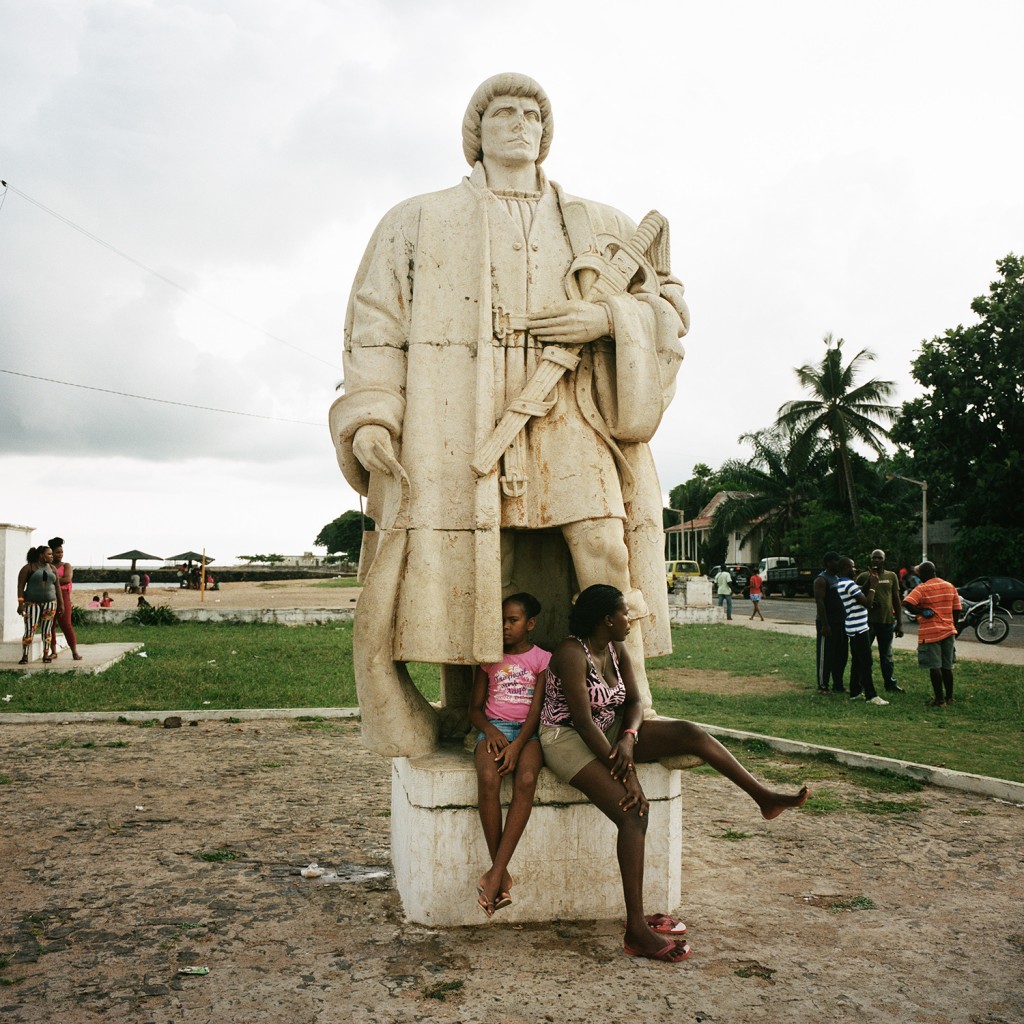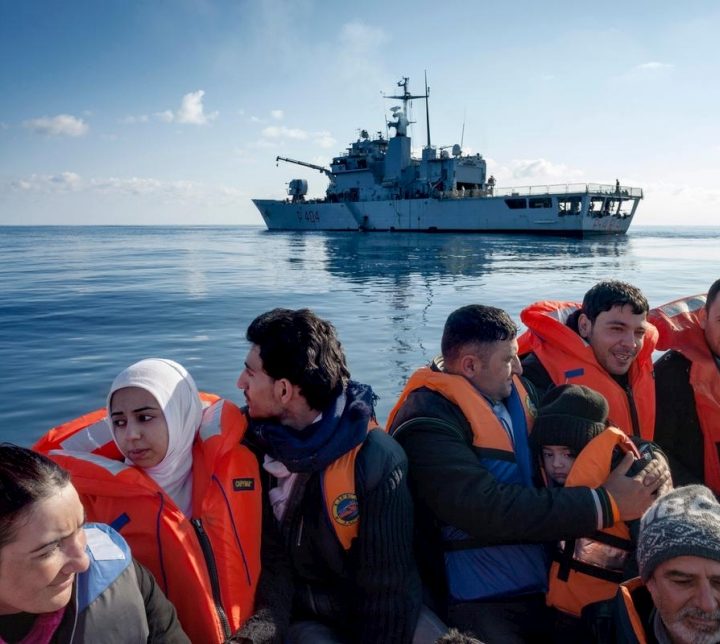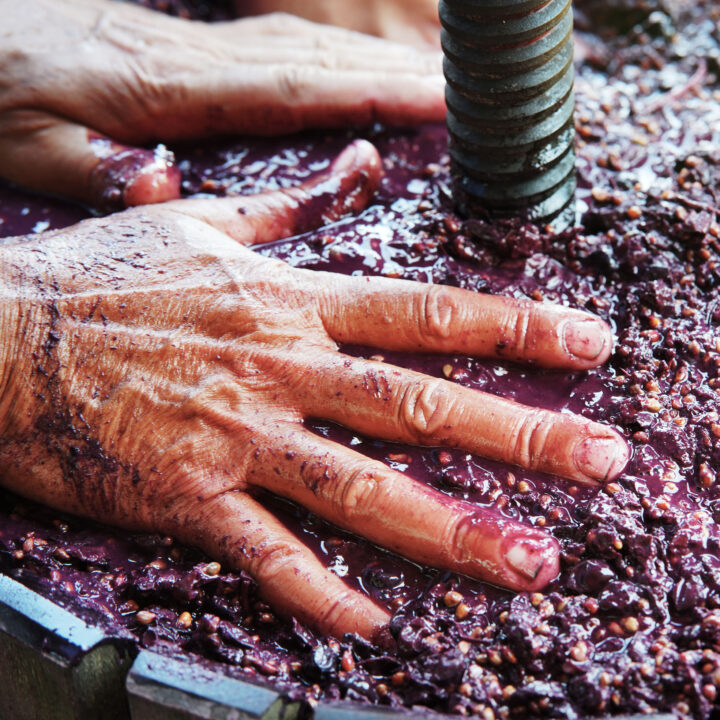Sao Tome and Principe

Straddling the equator in the gulf of Guinea lies the island nation of Sao Tome and Principe, the second smallest African nation and the smallest among Portuguese speaking countries. Previously uninhabited, it was discovered around 1470 by Portuguese navigators who immediately saw the strategic potential of the small archipelago for trade with the African continent. Its tropical climate proved ideal for the cultivation of sugar cane and African slaves were brought to the islands to work in the plantations from West Africa and other Portuguese colonies. The official date for Sao Tome’s discovery is usually given as 21 December 1471, St Thomas’ Day, which gave its name to the new colony. Nearby Principe gained its name from the fact that dues for the sugar crop on the island went to the Portuguese Prince.
At first the new colony struggled to attract settlers from Portugal and other parts of the empire yet by 1600, Sao Tome had become Africa’s biggest sugar exporter and with the introduction of coffee and cocoa in the 19th century it also became the world’s largest cocoa producer by 1900. Cocoa remains the country’s most important crop to this day.
Conditions on the plantations, or rocas as they were locally known, were harsh for the slaves and, though Portugal officially abolished slavery in 1876, plantation owners continued to keep forced labourers until the end of the 20th century. The plight of Sao Tome’s plantation workers continued to cause strife in the tiny nation leading to a major strike in 1953 in which several hundred African contract labourers were killed, an event that became known as the ‘Batepa Massacre’.
Swept up in the surge of national sentiment across Africa and the emergence of independent nations across the continent the Movement for the Liberation of Sao Tome and Principe (MLSTP) was established in the late 1950s, basing itself in nearby Gabon. With the overthrow of the Salazar government in Portugal in 1974 a move by Portugal to divest itself of its colonies, Sao Tome and Principe became an independent state on 15 July 1975.
Though its economy continues to rely heavily on trade with Portugal, the former colonial master, Sao Tome has been in negotiations with Nigeria over exploration rights to oil reserves in waters claimed by both countries which are thought to contain significant deposits. Sao Tome’s tourist industry has also been growing as the government tries to extricate itself from dependence on foreign aid and income from cocoa exports. Sparsely populated Principe island was declared a biosphere reserve by UNESCO in 2012 and European and South African tourism companies have been promoting the country and its unspoilt nature.
As part of this ongoing project looking at Lusophone (Portuguese-speaking) countries around the world. Alfredo D’Amato travelled across the tiny island nation to discover a vibrant tropical outpost.
Click here to see here the full photo essay: http://www.panos.co.uk/stories/2-13-1800-2293/Alfredo-DAmato/Sao-Tome-turns-40/



